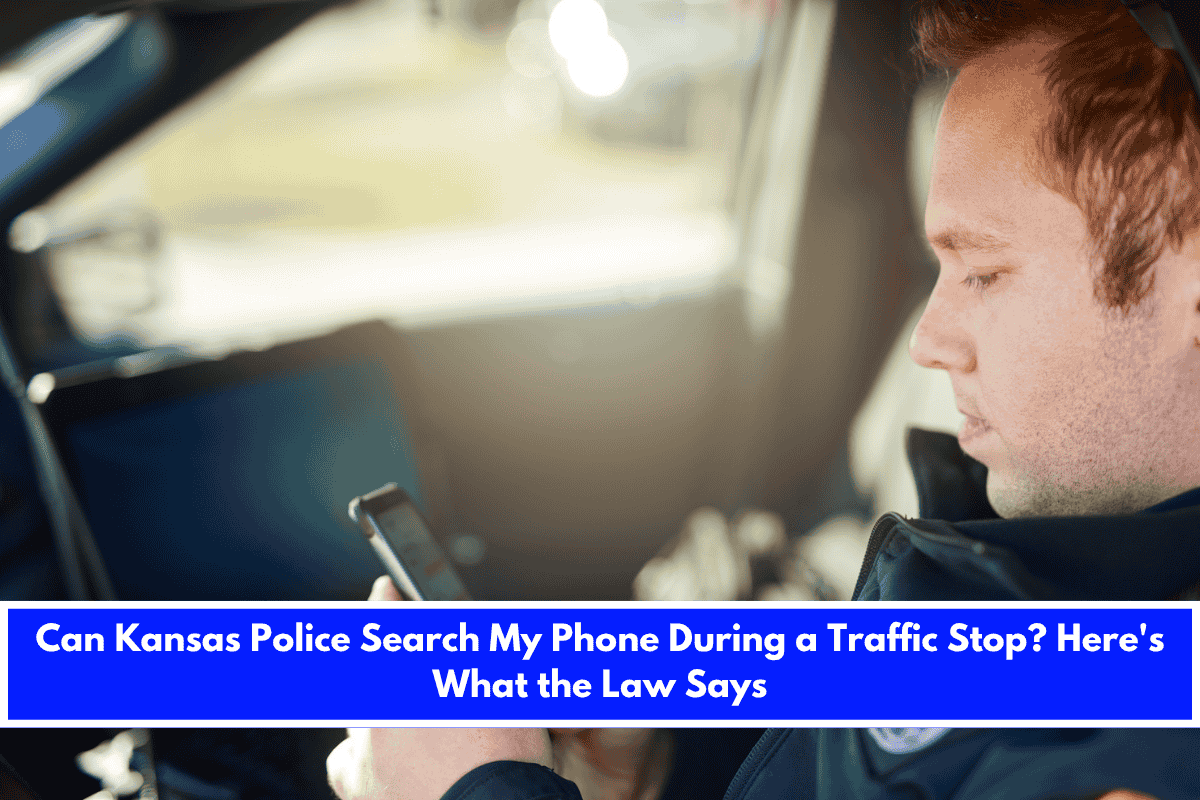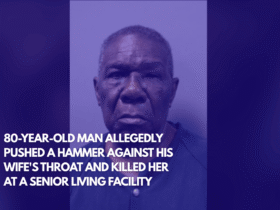Kansas police generally cannot search your phone during a traffic stop without a warrant. Here’s what the law says:
Warrant Requirement
- Supreme Court Precedent: The U.S. Supreme Court’s decision in Riley v. California established that police must obtain a warrant to search the digital contents of your cellphone, even if the phone is seized during a lawful arrest. This rule applies in Kansas as well.
- Traffic Stops: During a routine traffic stop, officers cannot access your phone or its data without your permission or a warrant.
Exceptions
- Consent: If you voluntarily give police permission to search your phone, they do not need a warrant. You are not required to consent, and you can refuse if asked.
- Exigent Circumstances: In rare, emergency situations—such as an immediate threat to public safety or a risk that evidence will be destroyed—police may search your phone without a warrant. However, these situations are narrowly defined and the burden is on law enforcement to justify such a search.
What Police Can and Cannot Do
- Physical Inspection: Police may physically secure your phone (for example, to ensure it is not a weapon), but they cannot access or search its digital contents without a warrant.
- Unlocking Your Phone: Police cannot force you to unlock your phone using a passcode, fingerprint, or facial recognition unless a warrant specifically authorizes it.
Your Rights
- You have the right to refuse consent to a search of your phone.
- If police search your phone without a warrant, consent, or exigent circumstances, any evidence they find may be excluded in court due to violation of your Fourth Amendment rights.
Summary Table
| Situation | Can Police Search Your Phone? |
|---|---|
| Routine traffic stop | No, not without a warrant or consent |
| You give consent | Yes, but you can refuse |
| After arrest (no warrant) | No, warrant still required |
| Exigent/emergency circumstances | Rarely, only if justified |
Bottom line: In Kansas, police cannot search your phone during a traffic stop unless you give consent, they have a warrant, or there is a true emergency. You have the right to say no to a search request.
Sources:
- https://www.aclukansas.org/en/know-your-rights/when-stopped-police-kansas
- https://www.supremecourt.gov/opinions/19pdf/18-556_e1pf.pdf
- https://www.law.cornell.edu/supct/cert/18-556
- https://epic.org/documents/riley-v-california-2/











Leave a Reply